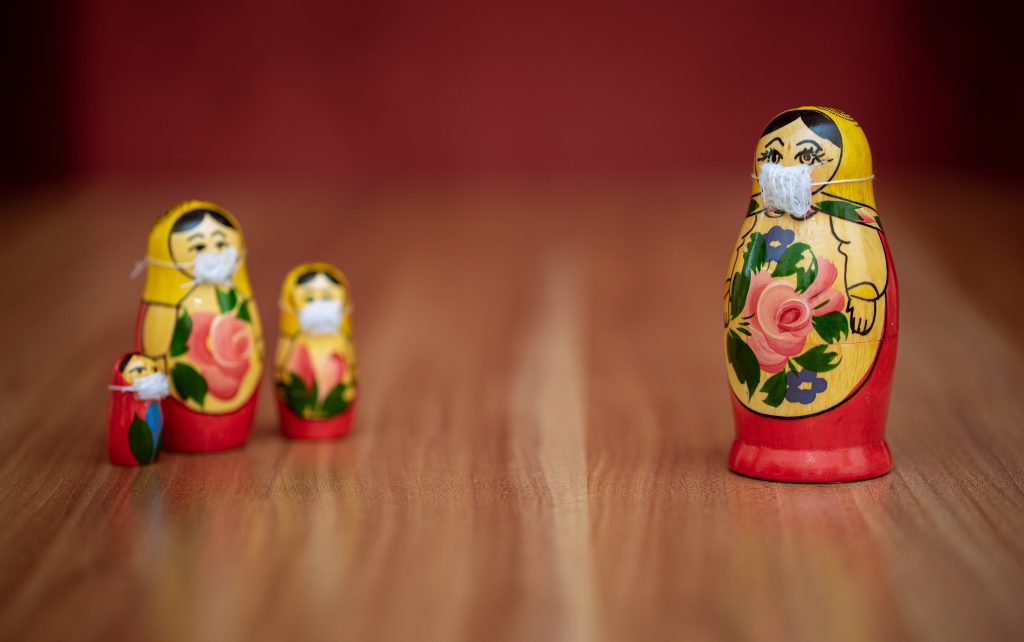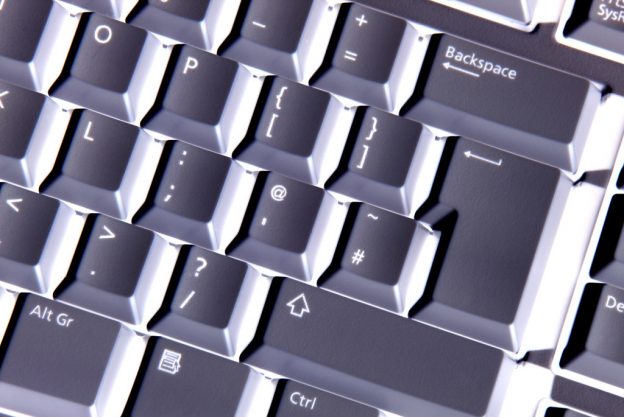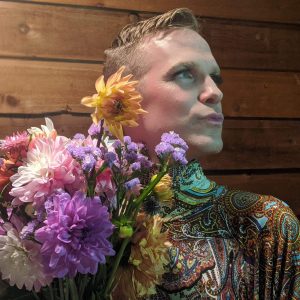
My grandpa unexpectedly died last week. He was living in a residential facility in the lower mainland due to his health and increasing difficulties with dementia-type symptoms. Due to (well-founded) concerns regarding the virility of covid-19, I had not been able to visit with him or hug him since before the virus started circulating in March. Even in death, I found myself visiting his body alone and wearing a full gown, gloves, a mask, and eye protection. There could be no risk of the virus passing onto his previous co-residents. If death wasn’t sobering enough, the experiential contrast from previous death rituals I’d attended was stark.
While I didn’t lose my grandfather to covid-19 directly, the indirect effects contributed to both his death and now to our family’s grieving. I knew he was lonely and missed us bringing in outside food- food is the love language in my family. I knew that loneliness contributes greatly to increasing dementia symptoms (Lara et al., 2019; Sutin, Stephan, Luchetti, & Terracciano, 2020). I knew that his confusion about why we couldn’t visit him made him feel even more lonely and abandoned. I also knew that the nurses and aides who had been managing their own anxieties regarding virus transmission were becoming more burnt out by the day. They were trying their hardest but in the end, they were exhausted.
Not only has the pandemic affected how our vulnerable populations live but it has transformed everyday life for most of us. I find it’s easier to feel overwhelmed now and my reactions to being overwhelmed are different than they were pre-March 2020. For instance, I used to juggle a lot of projects all at once, flitting between each one and able to focus for long periods of time. I might get tired or irritated occasionally but a quick redirect and I was back to work. I’m now finding that the smallest change in plans or the addition of “one more thing” sends me into a freeze response. My brain shuts down. I can’t remember anything else. When I come to, I realise that I’ve been staring into nothing for 20 minutes. This would be fine if I were in a position where I could space out and there’d be no consequences but as a graduate student, it’s a problem. I have a pile of work to do and no one else to take anything over. In these moments when I start to feel like the worst grad student ever, I have to take time to think about my context of living through a significant worldwide pandemic and that I’m not alone in this reaction (If you’re doing well, I’m genuinely happy for you!).
The World Health Organization marks World Mental Health Day on October 10th and it’s timely theme is mental health effects due to Covid-19. It is a call to scale up investment in our mental health systems because we are facing unprecedented levels of distress. There’s a couple of examples in my own vignettes above: grief and loss, loneliness, burnout, and anxiety. People have been impacted in many ways by the pandemic and it has influenced their overall mental health. We have good data to suggest that overall mental health difficulties are on the rise and in particular, depression and anxiety (Pfeffenbaum & North, 2020; Torales, O’Higgins, Castaldelli-Maia, & Ventriglio, 2020). Physical distancing has left many feeling lonely and isolated (Galea, Merchant, & Lurie, 2020). Occupational burnout felt by essential and healthcare workers is extremely high right now (Azoulay et al., 2020; Wu et al., 2020). And I personally know several parents losing their mind while trying to juggle childcare and working from home (Brown, Doom, Lechuga-Peña, Watamura, & Koppels, 2020; Patrick et al., 2020). The need for services and counsellors is growing in order to meet the needs of an overwhelmed planet.
While the above all seems extremely gloomy, I take solace in knowing that I’m not alone in what I’m feeling. In the end, many others are staggering through this pandemic just like me, grasping for whatever comfort they can. As a fellow student, I want to tell you that if you’re having a tough time, you’re not alone! For me, I know that my knowledge and abilities as a developing clinician will soon be needed. Counsellors will be needed to process this overwhelming event and therefore, you will be needed, too. Maybe there is comfort to be taken in knowing that your current training will help someone else through their grief, anxiety, or depression brought on by such a worldwide event? Taking good care of yourself now is crucial to making it to the next helping step and beyond.
In our next blog post, the CPSA team will be talking about some of our own favourite self-care tips. We’ll be asking for yours, too.
If you want more information on the WHO’s work and expertise related to covid-19, you can visit: https://www.who.int/campaigns/world-mental-health-day/world-mental-health-day-2020
Here is a list of UBC resources related to covid-19: https://covid19.ubc.ca/resources/
Photo Credit: Evgeni Tcherkasski via unsplash.com
References
Azoulay, E., De Waele, J., Ferrer, R., Staudinger, T., Borkowska, M., Povoa, P., … & Pellegrini, M. (2020). Symptoms of burnout in intensive care unit specialists facing the COVID-19 outbreak. Annals of intensive care, 10(1), 1-8.
Brown, S. M., Doom, J. R., Lechuga-Peña, S., Watamura, S. E., & Koppels, T. (2020). Stress and parenting during the global COVID-19 pandemic. Child abuse & neglect, 104699.
Galea, S., Merchant, R. M., & Lurie, N. (2020). The mental health consequences of COVID-19 and physical distancing: The need for prevention and early intervention. JAMA internal medicine, 180(6), 817-818.
Lara, E., Martín-María, N., De la Torre-Luque, A., Koyanagi, A., Vancampfort, D., Izquierdo, A., & Miret, M. (2019). Does loneliness contribute to mild cognitive impairment and dementia? A systematic review and meta-analysis of longitudinal studies. Ageing research reviews, 52, 7-16.
Patrick, S. W., Henkhaus, L. E., Zickafoose, J. S., Lovell, K., Halvorson, A., Loch, S., … & Davis, M. M. (2020). Well-being of parents and children during the COVID-19 pandemic: a national survey. Pediatrics, 146(4).
Pfefferbaum, B., & North, C. S. (2020). Mental health and the Covid-19 pandemic. New England Journal of Medicine.
Sutin, A. R., Stephan, Y., Luchetti, M., & Terracciano, A. (2020). Loneliness and risk of dementia. The Journals of Gerontology: Series B, 75(7), 1414-1422.
Torales, J., O’Higgins, M., Castaldelli-Maia, J. M., & Ventriglio, A. (2020). The outbreak of COVID-19 coronavirus and its impact on global mental health. International Journal of Social Psychiatry, 0020764020915212.
Wu, Y., Wang, J., Luo, C., Hu, S., Lin, X., Anderson, A. E., … & Qian, Y. (2020). A comparison of burnout frequency among oncology physicians and nurses working on the front lines and usual wards during the COVID-19 epidemic in Wuhan, China. Journal of pain and symptom management.




